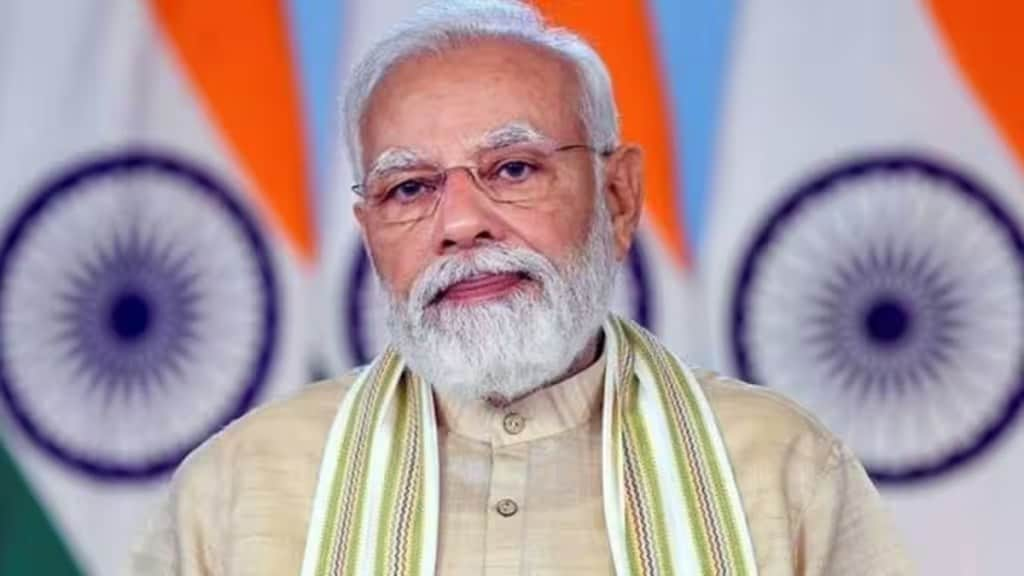On the anniversary of the 26/11 Mumbai terror attacks, Prime Minister Modi paid tribute to the martyrs while speaking during the 107th episode of his monthly radio programme Mann Ki Baat on Sunday.
The Prime Minister stated that India faced the most heinous attack on this day but showcased the country’s resilience by recovering from the assault and actively ‘crushing terrorism’ with courage.
Also Read:‘Master of chunavi photo-ops’: Congress takes potshot at PM Modi on Tejas sortie
PM Modi asserted that November 26 can never be forgotten. It marks the day of the most heinous terrorist attack in our country. The terrorists shook Mumbai and the entire nation. However, it’s India’s capability that enabled us to recover from that attack. Presently, we are resolutely combating terrorism.
Recalling the tragic events of November 26, 2008, when Mumbai faced coordinated terrorist attacks by gunmen linked to Laskar-e-Taiba, who arrived through sea route from Pakistan the attack targetted multiple locations, resulting in the loss of 166 lives, including 18 security personnel, the Prime Minister highlighted the nation’s endurance during the 60-hour siege.
Also Read:PM Modi undertakes sortie on Tejas aircraft, says experience was incredibly enriching
Prime Minister Modi also acknowledged the significance of November 26, as it marks the day in 1949 when the Constituent Assembly adopted the Constitution of India.
“I remember when we were celebrating the 125th birth anniversary of BR Ambedkar in 2015, the idea came that November 26 be celebrated as Constitution Day… I extend wishes to all on Constitution Day,” he conveyed.
Also Read:PM Modi security lapse in Punjab: Six more policemen suspended for ‘dereliction of duty’
PM Modi highlighted November 26 as the day when the Indian Constitution was adopted in 1949, acknowledging the contributions of women in the Constituent Assembly. He praised the recent constitutional amendment bill, aiming at women’s empowerment.
While acknowledging these milestones, PM Modi expressed regret about the first constitutional amendment in 1951 that restricted freedom of speech and expression by adding ‘public order’ to Article 19(2).
He mentioned the extensive drafting process with 2,000 amendments and highlighted 106 subsequent amendments since the Constitution’s enactment in 1950, citing the corrective 44th Constitutional Amendment Act during the Emergency period.

